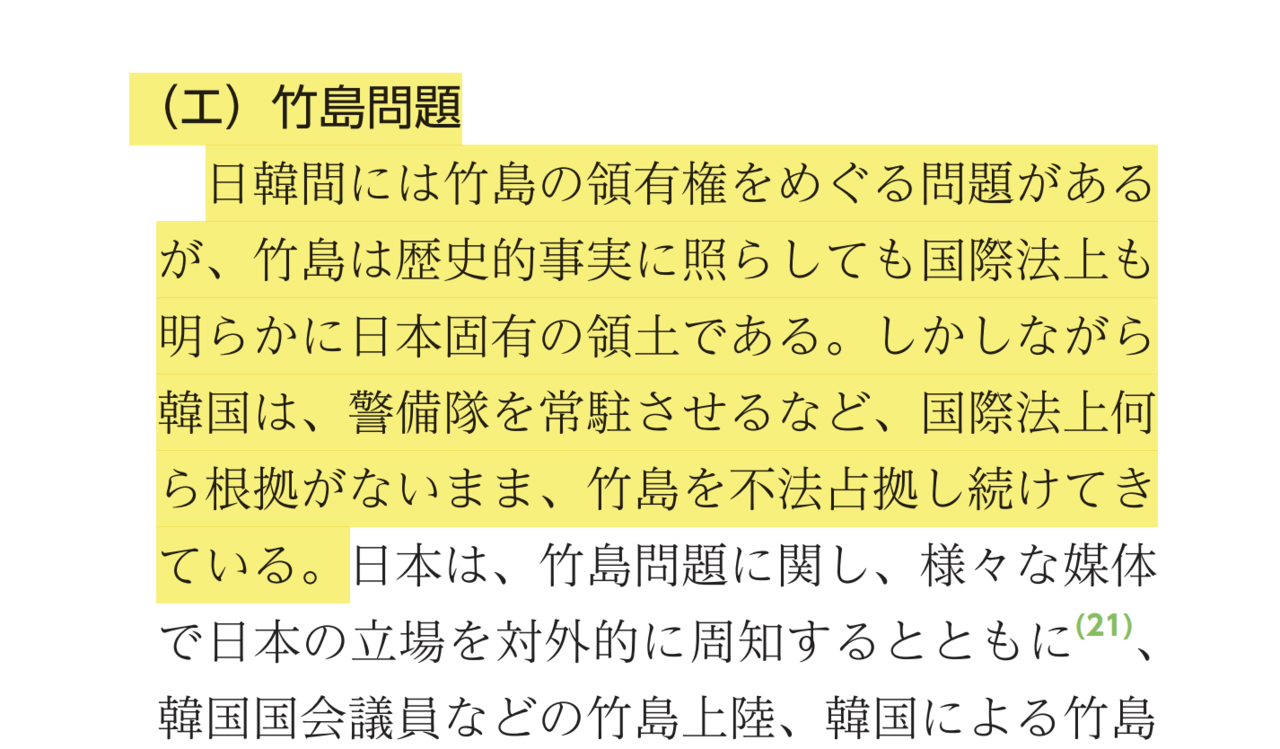April 9, 2025
SEOUL – The South Korean government on Tuesday lodged a strong protest against Japan’s recurring sovereignty claim over the Dokdo islets in its annual diplomatic policy publication, denouncing the move as a “provocation.”
South Korea’s Foreign Ministry also summoned Taisuke Mibae, deputy chief of mission at the Japanese Embassy in Seoul, Tuesday morning.
The commentary by the Foreign Ministry in Seoul was issued shortly after the Diplomatic Bluebook 2025, an annual report on Japan’s foreign policy and activities published by Japan’s Foreign Ministry, was publicly released after reporting to a Cabinet meeting in Tokyo.
“The government strongly protests against the Japanese government’s repeated inclusion of unjust sovereignty claims over Dokdo, which is clearly an integral part of our territory historically, geographically and under international law, in its Diplomatic Bluebook released on April 8,” read the commentary under South Korea’s Foreign Ministry spokesperson Lee Jae-woong.
“The government urges the Japanese government to immediately withdraw such claims.”
In the Japanese-language version of this year’s Diplomatic Bluebook, Japan claims “Takeshima is clearly an inherent part of Japan’s territory, both in light of historical facts and under international law,” adding that “South Korea has continued its illegal occupation of Takeshima.” The Dokdo islets are referred to as Takeshima in Japan.

A screenshot from the 2025 Diplomatic Bluebook, captured by The Korea Herald, shows the Japanese Foreign Ministry’s disputed claim that “Takeshima is clearly an inherent part of Japan’s territory, both in light of historical facts and under international law,” and that “South Korea has continued its illegal occupation of Takeshima.” Takeshima is the name used by Japan for the Dokdo islets. PHOTO: THE KOREA HERALD
In response, South Korea’s Foreign Ministry underscored that “the government once again clarified that we will respond firmly to any provocation by Japan regarding Dokdo going forward” in its commentary.
The term “provocation” had been omitted from South Korean commentaries issued in response to Japan’s repeated sovereignty claims over the Dokdo islets in the 2023 and 2024 editions of the Diplomatic Bluebook under the Yoon Suk Yeol administration, but it reappeared in this year’s commentary following Yoon’s ouster on Friday.
Japan’s claims of sovereignty over Dokdo have been sustained since the 2008 edition, and its assertion of South Korea’s “illegal occupation” has been consistently maintained for seven consecutive years dating to 2018. Japan has published the Diplomatic Bluebook annually since 1957.
Japan also suggested in its latest Diplomatic Bluebook that it would not take responsibility for compensating Korean victims of Japan’s wartime forced labor during its colonial occupation of the Korean Peninsula from 1910 to 1945 in its 2025 edition.
“The South Korean government has stated that it will continue efforts to gain the understanding of the plaintiffs,” the 2025 Diplomatic Bluebook says, referring to successful lawsuits over wartime labor that it suggests could receive recompense through a third-party reimbursement scheme.
“And the Japanese government will continue to maintain close communication with the South Korean side,” the document added.
The scheme was announced by the Yoon administration in March 2023, using donations from Korean companies that previously benefited from funds provided by Japan under the 1965 treaty on the normalization of bilateral ties.
However, Japan in its 2025 Diplomatic Bluebook retained the reference to South Korea as a “partner,” which had reappeared in the 2024 Diplomatic Bluebook for the first time since the 2010 edition.
“South Korea is an important neighboring country with which Japan should cooperate as a partner in addressing various challenges facing the international community,” the 2025 Diplomatic Bluebook reads.
“Under the current strategic environment, the importance of Japan–South Korea relations remains unchanged. Including responses to North Korea, Japan will continue to closely coordinate with South Korea and with the United States and South Korea.”


